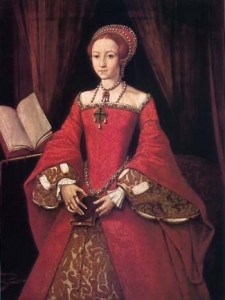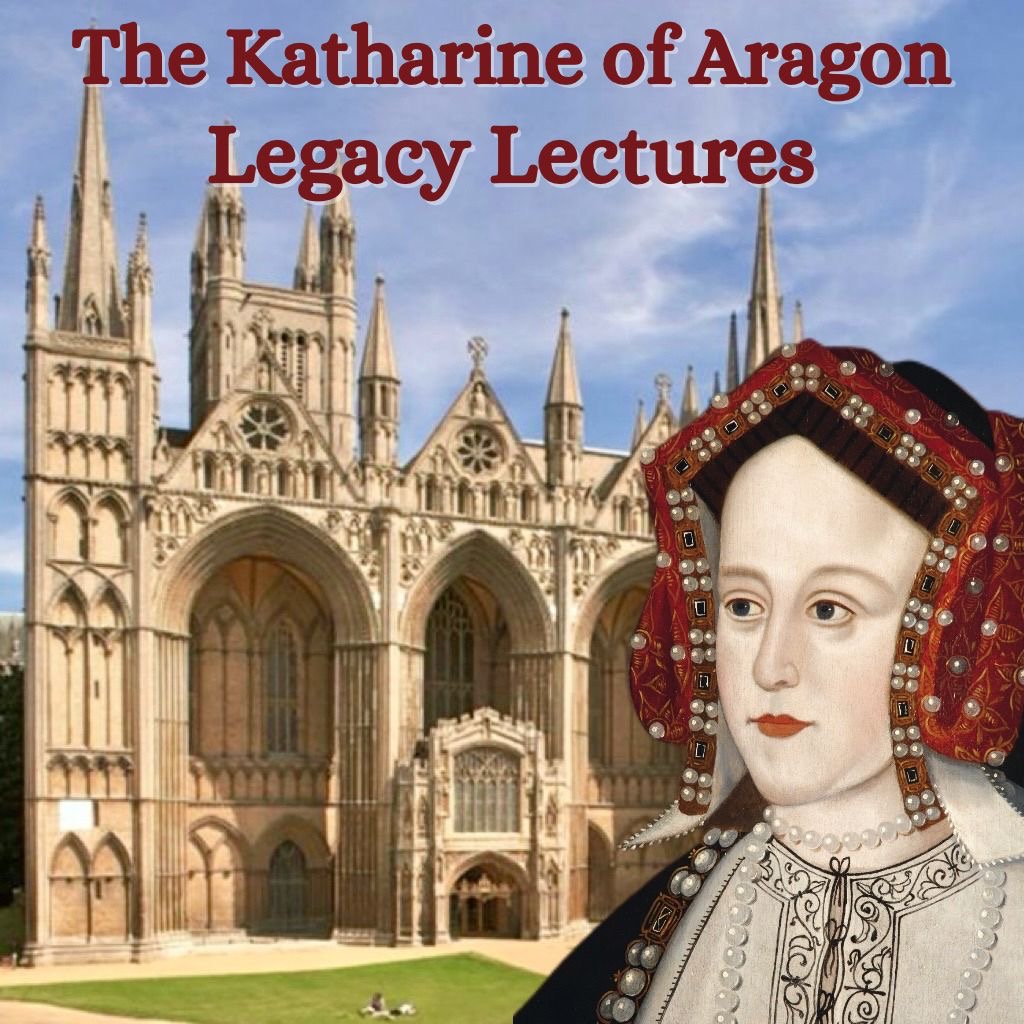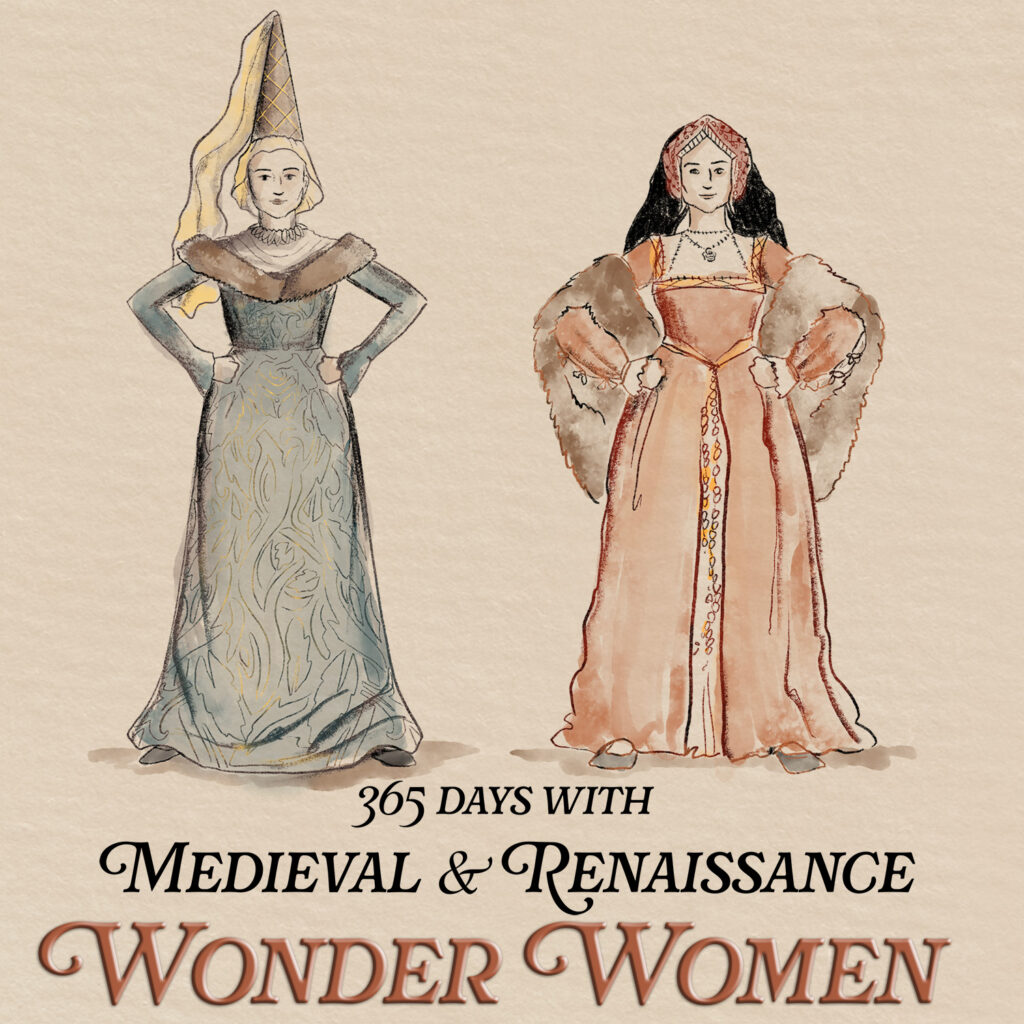Welcome to On the Tudor Trail Harriet! Could you share with us a little about yourself and your background?
Thanks, Natalie! It’s an honour to be here. Well, I’m a writer, Fred Astaire fan, ballet school failure and Tudor obsessive. I live in Bristol (England) with my husband and two young daughters. I had my first book accepted for publication when I was 12 (how bizarre – and lucky – is that?), and since then I’ve written over than 40 more books, as well as doing other things in between: a history degree at Cambridge University; a few months spent teaching English in Prague (what an amazing city); a few years as an editor in children’s publishing; and 3 years spent working as a dance notator at The Royal Ballet in London. That last one was a fascinating experience, and it taught me never to assume that something has been a waste of time – I wasn’t good enough to be a dancer myself, but if I hadn’t gone to ballet school I could never have trained to be a notator. And as a notator, I got to work in the company I’d always dreamed of joining, and with the dancers who were my heroes. I joined The Royal Ballet 14 years after giving up ballet lessons. It’s funny how things turn out!
When did you first become interested in Tudor history and what do you think is the lure of this period?
I fell in love with the Tudors at primary school. In fact, I still have the project that I did on them aged 7 or 8. It’s full of enthusiastically coloured-in tracings of Tudor portraits. That’s a clue to the lure of the period back then for me: I loved the costumes and was forever drawing Tudor ladies. My favourite outfit was the type most often associated with Anne Boleyn: the curved French hood, plus gown with a square neckline, turned back sleeves and skirt showing a triangular section of kirtle beneath. Here are two portraits featuring this sort of costume, both dating in fact from the 1540s, rather than Anne’s era.
The one on the left is of Princess Elizabeth, Anne’s daughter – later, of course, to become Queen Elizabeth I. This is one of the paintings I love most in the world, though I have yet to see it in the flesh, as it’s part of the Royal Collection. Now, there’s an ambition I’d like to fulfill!
When I was growing up, a portrait attributed to Master John, made c. 1545 (see it here), was thought to be Lady Jane Grey. These days it’s considered to be Katherine Parr. I have two postcards of it – identical picture, but with different names on the back!
Though I don’t draw so many Tudor ladies these days, this is still my favourite style of Tudor dress and a few months ago I was lucky enough to be able to buy a costume that had been retired from use at Hampton Court Palace – here I am wearing it.
To come back to your question (sorry!)… the lure of the period has never been just the costumes. It’s always been very much about the stories, too. When I was a child I found the tales of tragic queens endlessly fascinating, most especially Anne Boleyn and Mary Queen of Scots. The further you dig into the Tudor period, however, the greater the number of dramatic and enthralling stories you find. And I am keen to make the point, too, that this issue of finding good stories is not a trivial one. The word ‘story’ can be made to seem small and insignificant – people say, don’t they, that something is ‘just a story’. But I think stories are vitally important to the human experience. We make sense of our own lives by shaping them into stories – we seek to understand other people in the same way. Every one of us is a consumer of stories, whether it’s through books, films, plays, comics, computer games or simply the way we talk to each other about our experiences. It’s by making a story – of what’s happened in our day, for instance – that we make sense of the jumble of information that constantly bombards our brains. So, in saying that Tudor history provides dramatic, compelling stories I am saying something that – to my mind, at least – is very important!
Apart from Henry VIII, what other Tudor personalities fascinate you?
In fact Henry has been one of the last to fascinate me, it almost seems, as I have come to him via a very circuitous route. As a child, as I mentioned, Anne Boleyn and Mary Queen of Scots were my first favourites. Then my interest expanded to take in all 6 of Henry’s wives, plus his children (especially Elizabeth – although now Mary intrigues me hugely too!). All this time, Henry was like the spider at the middle of the web, and I was circling round him, but never feeling I wanted to focus on him directly.
Share with us the inspiration behind your debut novel for teens, VIII.
Well, this circling round Henry had been going on for decades. And of course I was reading a great deal about him all this time, and even writing about him too – children’s information books. But to write a novel about a person, you need an emotional trigger, I think. An insight, something that draws you very strongly – even viscerally – to that person. And one evening, watching an episode of The Tudors, I found myself having an epiphany. On the one hand, The Tudors took such liberties with Henry’s story that I suddenly felt I could break free of the feeling (built up over years of academic study) that I can never know enough to write about this period. It made me realize how much I did, in fact, know – I’d been reading about it for thirty years, after all! And on the other hand, I found that I felt strongly that the Henry portrayed on screen was not my Henry. Yet I hadn’t even known up to then that I had a Henry! But at that moment the idea for VIII seized me by the scruff of the neck, and wouldn’t let go. There wasn’t much sleep for me that night…
I was immediately intrigued by the title of your novel, as it is not Henry VIII, simply VIII. Can you tell us how this came about?
Good question! Titles are not my strong point, so it’s not that I had several good ones to choose from. But VIII came to me one night as I lay awake in bed. It just felt right immediately – a gut feeling. I knew that ‘Henry VIII’ would sound like a biography, and I wasn’t writing a biography. But the numeral felt significant to me – it seemed to belong to Henry, to signify him, almost like a sort of logo.
Why did you decide to write VIII in the first person?
This felt like a daunting decision at first, but I absolutely had no choice. The whole point of the book, for me, was to seek to lead the reader (and myself) into identifying with Henry. This was the story that I felt had never been told before (at least not in a way that rang true for me). After all, Henry took so many extraordinary, seemingly contradictory – and often dreadful – decisions, and yet nothing I’d ever read had made me understand what it was like to be him going through that experience… I wanted to know what was going on inside his head as all these dramatic events unfolded. Because, by definition, those decisions made sense to him – he was doing the right thing, as he saw it.
Of course, explanations for his behaviour are often given: he wanted a son, he was tired of his wife. But other kings of the time failed to have sons and yet didn’t react so devastatingly.
When you look at his life as a whole, Henry’s transformation is shocking: he changes from a golden youth (heroic, athletic, noted for his virtue) into a monster. His story has a fascinatingly mythic, archetypal quality: it’s a fallen angel story. But Henry was also a flesh-and-blood little boy, a teenager, a young man… waking up each day not knowing what the future held. Trying his best, as each of us do, in the circumstances given him. He was a human being. He got the hiccups, he tripped over, he liked a laugh – even as king he played snowballs. I wanted to know what it felt like to be him. And I by the end I wanted to be able to answer the question: how did it come to this?
There are some truly frightening scenes in VIII, do you believe in ghosts and have you ever had any experiences with the paranormal?
I would say a cautious no to the second part of your question – I’ve had some odd feelings in certain places, but nothing more than that. As to your first question… I would say I have an open mind. Perhaps it’s more relevant to say that since childhood I have always been inspired by visits to ancient buildings and by a strong sense of the past. In fact I should have mentioned visits to palaces and castles when you asked me about the lure of the Tudor period! Such visits had a huge effect on me, growing up. I looked at worn stone steps, for example, and thought of all the feet that had trodden there… As a child I would spend entire visits to stately homes desperately hoping to see a ghost, to connect me to the past! It has always seemed endlessly mysterious to me that you can stand in a building where so many others have stood – where momentous things have happened – and yet those people and events appear to have left no trace. I have often imagined that all time might be present – that time is like space, and just because someone is on a hill far away and we can’t see them from where we’re standing, it doesn’t mean they’re not there. Does that make sense? As a child I liked to imagine that we might be separated from infinite layers of infinite past moments only by thin, filmy barriers, like onion skins – and if we could only reach through them… I called it my Onion Theory of Time! If that were so, people from the ‘past’ might get a sudden fleeting glimpse of us too, and call it a ghost…
Your novel is incredibly well researched and detailed. Tell us a little about the process you followed when researching it.
I have a degree in history, as I mentioned, and this gave me a good grounding both in terms of study (I specialized in the Tudor period) and in how to approach research. I did everything you might expect – read contemporary documents, ambassador’s dispatches, letters, accounts and legal documents. I read biographies, studies of Henry’s palaces, his fortifications, his military manoeuvres, the educational practices of the time, the political institutions, the policies and so on. I also read modern psychology books and had long discussions with a psychotherapist and a Jungian analyst about Henry’s psychological journey, because that aspect of the story was very important to me.
Everywhere I could in the book, I based the writing on contemporary evidence. So, descriptions of tournaments are taken from the time, and most of the objects mentioned in Henry’s rooms are from the inventory of his possessions that survives. Where I could, I worked real quotations into conversations, though I have kept the dialogue modern in feel, so I adapted it as necessary.
Henry was mad keen on the martial arts of his day, so I did a lot of research into sixteenth-century weapons and fighting techniques. I also took up a martial art myself – taekwondo – to get an idea of what it feels like, squaring up to an opponent!
Some of my research was perhaps a bit unorthodox. In thinking about Henry’s charisma – because he was undoubtedly a very charismatic man – I read a huge and fantastic biography (by Peter Guralnick) of Elvis Presley, and I studied film clips and videos of movie actors who I felt had something to teach me about Henry. I also thought a great deal about Anakin Skywalker – the Star Wars hero who turns to ‘the dark side’ and becomes Darth Vader. George Lucas has talked freely about how much use he made of myths in writing Star Wars, and the mythic shape of Anakin’s story mirrors Henry’s own. I was intrigued that Anakin’s struggle with darkness has so much appeal for teenagers, because I felt that Henry’s struggle had the potential to be, for them, just as fascinating.
VIII is aimed at teens (although I am sure it will appeal to many adults as well); have you ever considered writing fiction for adults?
I did write one adult novel many years ago, but I do hope that – as you mentioned – VIII will be read by adults too. I write for myself, really, and although I feel very at home now in the YA category, I see it as an inclusive category… by which I mean that I hope YA books will be picked up by adults, just as teens also pick up adult books.
And finally Harriet, I must ask this question, how did you manage to climb into Henry VIII’s head?
My answers above probably give you a good idea of it, in the sense that I had steeped myself in the period for so many years and, added to that, did so much research specific to this book. In the end, though, all the information in the world can’t help you make that final psychological leap… And it took a lot of courage to close my eyes and go there… I must admit that for a long time I was overcome with fears about it. Fears that the task was too big, that I couldn’t possibly do it… and fears, too, about the dark stuff I was going to need to face. But once I had made the leap, the experience was intoxicating, intense and completely compelling. You construct a world inside your head and it becomes so detailed and so vivid that it’s actually hard to leave it in the end!
Thank you for your time!
Thank you for having me. You’ve asked fantastic, thought-provoking questions & it’s been a pleasure to talk to you.
Read On the Tudor Trail’s reveiw of VIII here.
Read a guest post by H. M Castor entitled Finding Anne Boleyn.
Visit H. M Castor’s official website here.



















Great interview. I will look for this book. It was interesting to hear about about her concept of time.
Sounds like a great book–on my wish list!
I just finished “VIII” and was enthralled. Even though it is a YA book, adults will find it fascinating. I look forward to reading more books from Ms Castor.
Had to order from amazon UK, but did get this for myself for a Christmas present this year. It just arrived tonight, and I am looking forward to reading it. I already have a feeling that I won’t be very good at putting it down
I think you are going to love it Bridgett!!
Read the book in 2 days, loved it, and I am sure it will lead the younger generation into the fascinating world of the Tudors.
When will your next one be for sale on Elizabeth & Mary?